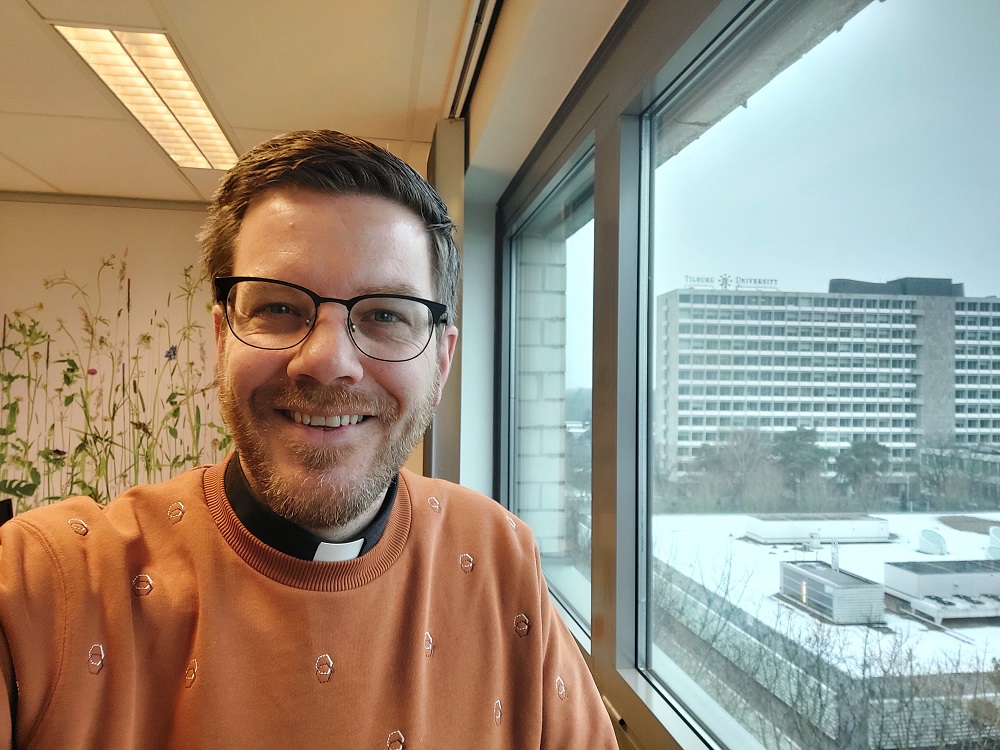Is the university a church?
After going from working as a priest in a parish to teaching at university, people asked me: is it not difficult to work in such a different environment, going from a world of ritual and spirituality to the world of science? I’ve found that these worlds are very much alike.

Both worlds have inherited structures of past societies and even empires. Both the university and the church are run by intrinsically motivated people, who sometimes struggle to function well while doing what they love. And in both worlds, rituals and robes play an important role! When we see the similarities between both organizations, I think we can better understand our university. And we might take a cue from pope Francis on how it can become a place to flourish.
Just as a church has bishops, the schools of our university have deans at the head of the hierarchy of a little subsection of the organization. The organization itself is hallowed: it has ancient roots and lofty goals. While there are certain safeguards, the quality of governance still much depends on the moral qualities of the people governing. Some want to improve life for all, while others are unwilling or unable – or both.
Those who are lower in the hierarchy depend on them to get higher up. They’ll want this either out of vain ambition or for noble reasons such as the desire to advance society. But to succeed they will need to progress within that very system by submitting to its dynamics, traditions and unwritten laws. And whatever you do: overtime is the standard, of course. By the time they get to where they wanted to be, they have become part of the established order.
In that sense it is a bit of a self-perpetuating system, which naturally resists change. If the system changes, its current wheeling and dealing comes to a grinding halt. This frustrates the ambitions of those who use the system to their advantage. The energy devoted to navigating this system can of course not be invested in realizing the core business. This often saddens those who signed up out of a desire to grow as people and to do good.
Is the university a church? No, but comparing the two reveals a lot about the dynamics of either organization. And perhaps we can take a cue from the church on how we effect deep change. Pope Francis has begun a process, called a ‘synod’, aimed at hearing the voices of all who participate in the life of the church. At the beginning he identified three key steps: encounter, listen, discern.
For the pope this has of course deeply religious connotations. But would they not be helpful steps for the university as well? Reform is something that is not just a change of the system, but that begins with a change of heart. Rather than having more committees and agendas, can we first connect as humans and see what dreams and ambitions we share? If not, perhaps the pope’s challenge also applies to us? “Are we fearful of the unknown, preferring to take refuge in the usual excuses: ‘It’s useless’ or ‘We’ve always done it this way’?”
Anton ten Klooster is assistant professor of theology at Tilburg School of Catholic Theology. This is an exchange column of Tilburg Young Academy (TYA). Each month a different member of TYA sheds light on developments in the academic world.






